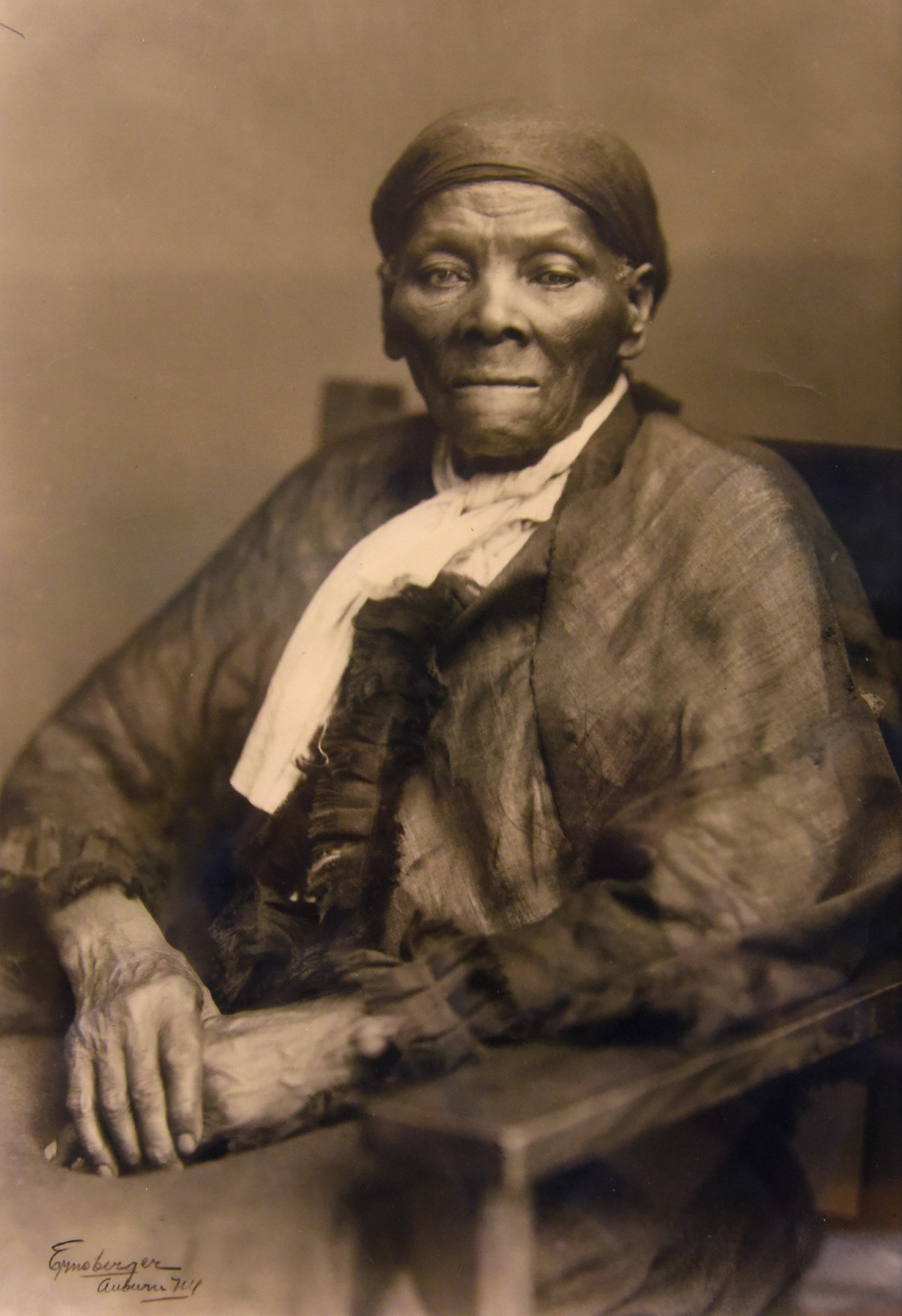Unveiling the Life and Legacy of Harriet Tubman: A Trailblazing American Hero
Table of Contents
- Harriet Tubman - Wikiwand
- Harriet
- Studying the Underground Railroad | VOICE
- Harriet Tubman As A Spy In The Civil War
- Studio portrait of Harriet Tubman, taken in Auburn, to be auctioned in ...
- Harriet Tubman could be on the bill - Business Insider
- The True Story Of Harriet Tubman's Only Child - Internewscast Journal
- A snapshot biography of Harriet Tubman - Historical Snapshots
- Harriet Tubman’s Eastern Shore Legacy
- 9 Myths and Facts About Harriet Tubman, the Woman Who Will Replace ...

Harriet Tubman, born into slavery around March 1822, is one of the most iconic figures in American history. Her remarkable life, marked by courage, resilience, and dedication to the fight for freedom, has inspired generations. As we delve into the archives of her life, we discover a woman who not only escaped the shackles of slavery but also became a prominent conductor on the Underground Railroad, helping hundreds of enslaved individuals escape to freedom. In this article, we will explore the life and legacy of Harriet Tubman, as documented by the National Archives, and uncover the significance of her contributions to American history.


Early Life and Escape from Slavery

Harriet Tubman was born Araminta Ross in Dorchester County, Maryland, to enslaved African American parents. Her early life was marked by hardship and brutality, with physical and emotional abuse at the hands of her slave owners. In 1849, Tubman escaped to freedom in the North, using the Underground Railroad, a network of secret routes and safe houses used by enslaved individuals to escape to freedom. This daring escape was just the beginning of her journey as a freedom fighter.


Conducting on the Underground Railroad

Between 1850 and 1860, Tubman returned to the South multiple times, risking her life to help lead hundreds of enslaved individuals to freedom. She became known as the "Moses of Her People" for her bravery and selflessness. The National Archives contain records of her activities as a conductor on the Underground Railroad, including letters and testimonials from those she helped escape. These documents provide a glimpse into the secret network of abolitionists and sympathizers who aided Tubman in her mission.


Notable Achievements and Legacy
Harriet Tubman's achievements extend far beyond her work on the Underground Railroad. During the Civil War, she worked as a nurse, cook, and spy for the Union Army, becoming the first woman to lead a military expedition in the war. In 1863, she guided a group of Union soldiers on a raid in South Carolina, freeing over 700 enslaved individuals. The National Archives contain records of her military service, including her application for a pension and letters from her commanding officers.

Later Life and Legacy
After the war, Tubman settled in Auburn, New York, where she continued to fight for women's suffrage and civil rights. She died on March 10, 1913, at the age of 91, leaving behind a legacy of courage, determination, and selflessness. In 2016, the U.S. Treasury announced plans to feature Tubman's portrait on the $20 bill, making her the first African American woman to be featured on U.S. currency.
The National Archives play a crucial role in preserving the history of Harriet Tubman's life and legacy. The archives contain a wealth of documents, including letters, photographs, and official records, that provide a detailed account of her life and achievements. By exploring these archives, we can gain a deeper understanding of Tubman's significance in American history and the ongoing struggle for freedom and equality.
Harriet Tubman's life and legacy serve as a powerful reminder of the enduring struggle for freedom and equality in America. Through her courageous actions and unwavering dedication, she inspired generations of Americans to fight for justice and human rights. As we continue to navigate the complexities of our modern world, Tubman's story remains a testament to the power of individual action and the importance of preserving our collective history. By exploring the National Archives and learning from Tubman's example, we can work towards a more just and equitable society for all.
Related Resources:
- National Archives: Harriet Tubman
- Library of Congress: Harriet Tubman
- Harriet Tubman National Historical Park
Keyword Tags: Harriet Tubman, National Archives, Underground Railroad, American History, Freedom Fighter, Women's Suffrage, Civil Rights, African American History